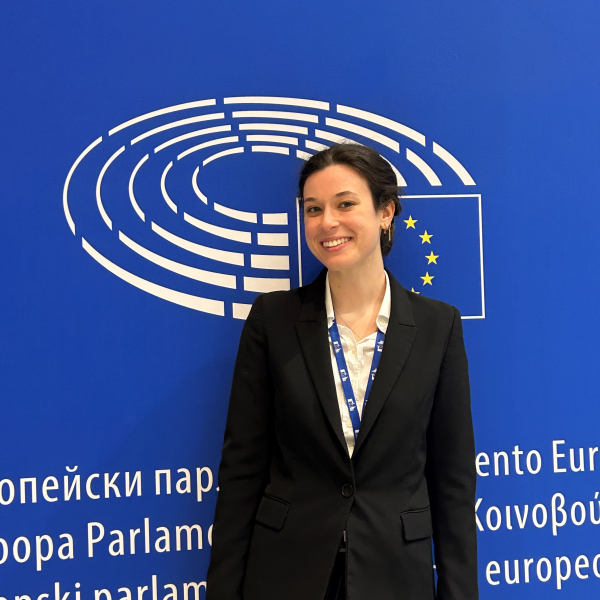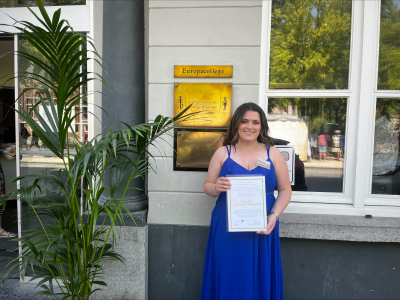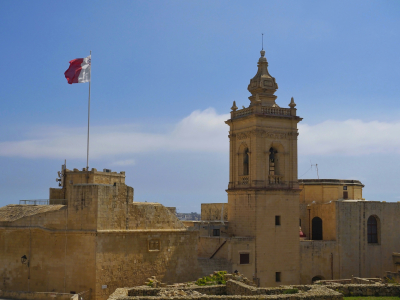Since 2021, the EU has had a new body to prosecute and bring to judgement crimes affecting the EU’s financial interest: the European Public Prosecutor’s Office, or the EPPO (affectionately pronounced ‘Eppo’). Independent of national government, and EU institutions, bodies and agencies, the EPPO, together with the Court of Justice of the EU, represents the justice pillar of the EU.
From its inception onwards, the EPPO has been tasked with investigating the criminal offences under its mandate, including corruption, money laundering, fraud involving EU funds over €10.000, and cross-border VAT fraud involving damages of at least €10 million. The Office can open an investigation into a crime to the extent that a direct link to the EU’s budget can be established.
We’ve now had an annual report on the EPPO’s activities for three years, and the latest has revealed the significance of its work. In 2024, the EPPO initiated 1,504 new investigations, marking a nearly 10% rise from the previous year. By the year’s end, there were 2,666 active investigations with estimated damages exceeding €24.8 billion. Almost 29% of investigations had a cross-border dimension, meaning they were acts committed on the territory of several countries, or which caused damage to several countries, underscoring the EPPO’s role in addressing EU-wide financial crimes.
EU Member States are not compelled to join the EPPO. But 2024 also saw the addition of Poland and Sweden, taking its total membership to 24 Member States. Of the remaining three, Denmark has an opt-out under the conditions of its membership of the European Union, while Ireland may join in 2026. The final missing Member State is Hungary, an entirely predictable state of affairs given the level of corruption and financial crime in the country, as well as its repeated attempts to undermine the rule of law and independent judiciary.
While these are impressive figures, especially for such a young EU body, it is notable that cases reported to the EPPO come largely from private parties or national authorities. Indeed, less than 1% of reports came from the EU’s premier anti-fraud body, OLAF. This apparent lack of cooperation is concerning, and evidence suggests a certain disharmony between the two bodies. As an example: the EPPO began an investigation into alleged corruption by a senior EU official following a report by the French newspaper Libération, despite OLAF having been aware of the case for months. OLAF had failed to report this to both the EPPO and the Belgian authorities.
Or take the EU’s most recent corruption scandal, where former and current MEPs have been accused of taking bribes from Chinese telecommunications giant Huawei. As has been extensively reported, Transparency International EU was tipped off about the case two years ago, and referred it to OLAF. OLAF refused to proceed, citing a lack of evidence. In response, the EPPO’s chief prosecutor observed: “The level of cooperation is very low with OLAF.” How much corruption at the European Parliament could have been prevented had OLAF chosen to report the case to the EPPO?
Disjointed work between the two EU authorities tasked with fighting crimes against the EU’s financial interests appears to be undermining the EPPO’s potential. At Transparency International EU, we’ve been looking into why this is the case. As part of one of our larger projects, we’ve asked the EPPO about the low referral rates, and suggested possible reasons. It’s possible OLAF doesn’t have the resources to step up detection rates. More concerningly, it’s possible OLAF feels the EPPO is taking over its turf, and is withholding cooperation in retaliation.
Whatever the reasons, this lack of cooperation matters: the 2024 report makes clear the “almost systematic involvement” of organised crime across the EU, which is rarely confined to borders. The complexity of these crimes necessitates better detection, reporting and information exchanges—particularly from OLAF, Europol and Eurojust—as key components of the EU’s anti-fraud architecture. One body cannot go it alone—organised crime requires an organised response.
The way forward is twofold: firstly, enhance cooperation among the EU’s anti-fraud bodies, particularly between OLAF and the EPPO, to ensure all potential crimes against the EU’s budget are being captured. But the EPPO itself can go further still. Its mandate should be extended to include sanctions violations. This would finally improve the enforcement of sanctions at supranational level, further undermining Russia’s ability to wage its war of aggression in Ukraine.
Time is clearly of the essence here. The Regulation establishing the EPPO should be revised as soon as possible: both the EPPO’s problems and potential have been made clear. The 2024 report shows the added value of prosecuting fraud, corruption and money laundering affecting the EU’s financial interests at EU level. It’s now time to make sure bad actors aren’t slipping through the cracks unnecessarily.






